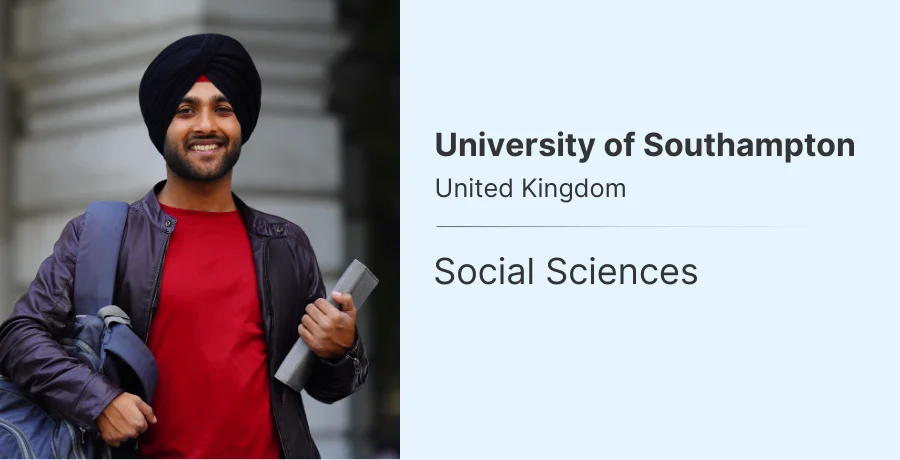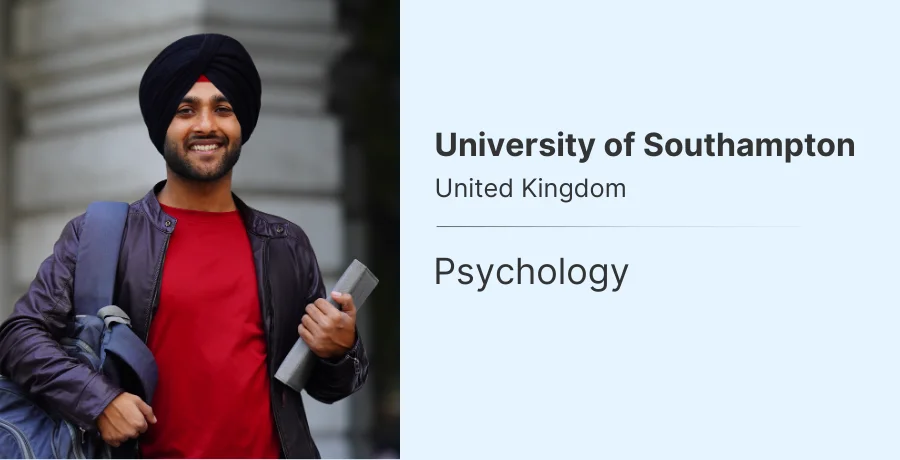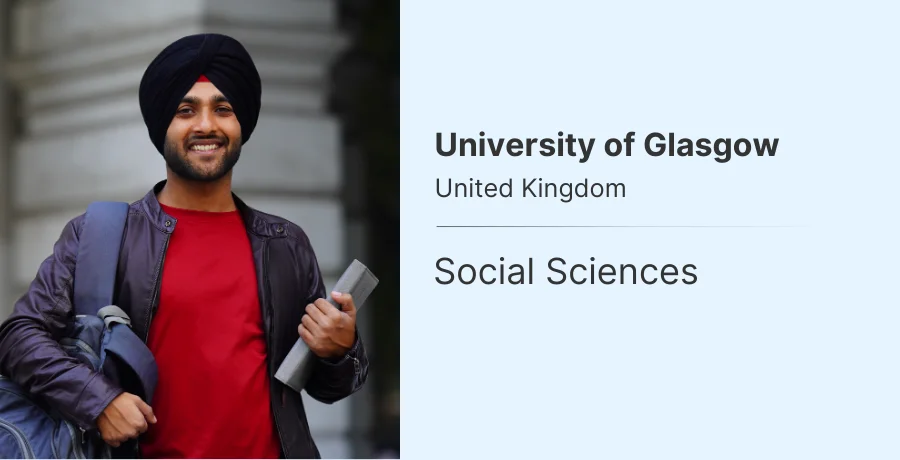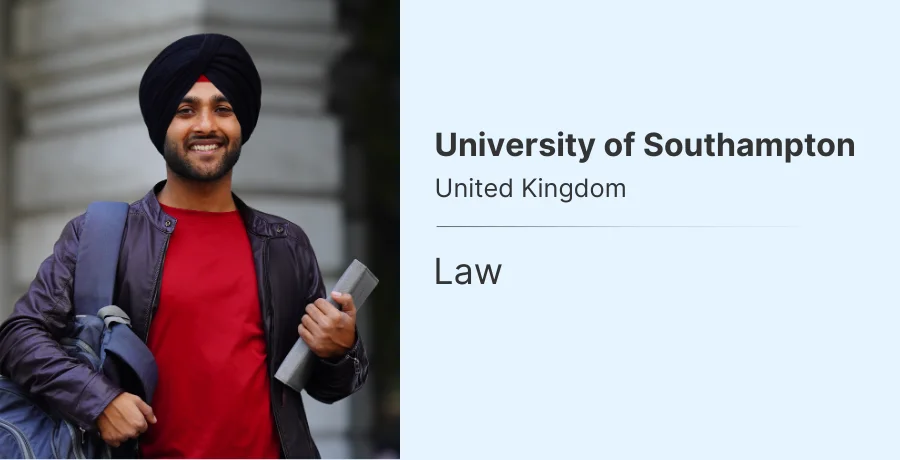London School of Economics - Blog
University Highlights
The London School of Economics (LSE) stands as a beacon of academic excellence and intellectual rigor, having been established in 1895. Known for its high QS ranking, LSE consistently ranks among the top universities globally. The institution boasts a world-class infrastructure, with state-of-the-art facilities that foster an optimal learning environment. The teaching faculty at LSE includes experienced and renowned experts in various fields, ensuring a high-quality education. The university is well-funded, allowing for extensive research opportunities and resources. LSE holds several prestigious accreditations, further cementing its reputation as a leading educational institution.
- Year of establishment: 1895
- QS ranking: Top 50 globally
- Other rankings:
- Times Higher Education World University Rankings: Top 30
- Financial Times Global MBA Rankings: Top 20
- Guardian University Guide: Top 10 in the UK
- US News Best Global Universities: Top 40
- QS World University Rankings by Subject: Top 10 for Social Sciences
- Infrastructure: Modern facilities with advanced research centers
- Teaching faculty: Includes Nobel laureates and industry experts
- Funding: Substantial funding for research and scholarships
- Accreditation: Accredited by leading educational bodies
University Admissions
Admission to the London School of Economics is highly competitive, with a rigorous selection process. The university attracts a diverse body of students from around the world, with international students making up a significant percentage of the total enrollment. LSE offers multiple intakes throughout the academic year, providing flexibility for prospective students. The university's infrastructure supports a conducive learning environment with modern amenities and resources.
- Percentage of international students: Approximately 50%
- Semesters and Intakes: Multiple intakes throughout the academic year
UG Admissions
- High school diploma or equivalent qualification
- Minimum GPA requirement
- English proficiency test scores (IELTS, TOEFL)
- Personal statement and letters of recommendation
- Interview process for specific programs
PG Admissions
- Bachelor’s degree from a recognized institution
- Minimum GPA requirement
- English proficiency test scores (IELTS, TOEFL)
- Personal statement and letters of recommendation
- Relevant work experience for certain programs
Ph.D. Admissions
- Master’s degree in a relevant field
- Minimum GPA requirement
- English proficiency test scores (IELTS, TOEFL)
- Research proposal and letters of recommendation
- Interview process with faculty members
To know more about other universities in the UK, click here.
Eligibility Criteria
UG Programs:
- Bachelor of Science (BSc) in Economics
- BSc in International Relations
- BSc in Management
- BSc in Politics and Economics
- BSc in Social Policy
PG Programs:
- Master of Science (MSc) in Economics
- MSc in Finance
- MSc in Management and Strategy
- MSc in International Relations
- MSc in Social Policy and Development
University Programs
The London School of Economics offers a wide array of programs at the undergraduate, postgraduate, and doctoral levels, catering to diverse academic interests and career aspirations. The programs are designed to provide a deep understanding of the chosen field and equip students with practical skills for their future careers.
UG Programs
- BSc in Economics - A comprehensive program focusing on economic theories and applications.
- BSc in International Relations - Explores global political dynamics and international affairs.
- BSc in Management - Covers essential business management principles and practices.
- BSc in Politics and Economics - Combines political science and economic analysis.
- BSc in Social Policy - Examines social issues and policy-making processes.
PG Programs
- MSc in Economics - Advanced study of economic concepts and quantitative methods.
- MSc in Finance - Focuses on financial markets, instruments, and strategies.
- MSc in Management and Strategy - Strategic management and business leadership skills.
- MSc in International Relations - In-depth analysis of global politics and diplomacy.
- MSc in Social Policy and Development - Investigates social policies and developmental issues.
Accommodation
On-campus accommodation: LSE offers a variety of on-campus housing options, including residence halls and shared apartments, providing a convenient and vibrant living environment for students.
Off-campus accommodation: Students can also opt for off-campus housing, with numerous rental options available in close proximity to the university, catering to different budget ranges and preferences.
Housing options: Shared apartments, private rentals, and student dormitories.
Cost of Tuition Fees
The cost of tuition fees at the London School of Economics varies based on the program and level of study. Below are approximate figures for undergraduate and postgraduate fees:
| Program | Approximate Tuition Fees |
|---|---|
| Undergraduate | £20,000 - £25,000 per year |
| Postgraduate | £25,000 - £30,000 per year |
Cost of Living
Below are approximate figures for the cost of living in London for LSE students:
| Expense | Approximate Cost per Month |
|---|---|
| Rent, travel, utility | £1,200 - £1,500 |
| Food & Drink, entertainment | £400 - £600 |
Scholarships
LSE offers a range of scholarships to support students financially. Below is a list of the top 10 scholarships along with the maximum amount offered:
| Scholarship Name | Maximum Amount Offered |
|---|---|
| LSE Undergraduate Support Scheme | £15,000 per year |
| Graduate Support Scheme | £10,000 per year |
| Chevening Scholarships | Full tuition and living expenses |
| Commonwealth Scholarships | Full tuition and living expenses |
| Marshall Scholarships | Full tuition and living expenses |
| Felix Scholarships | Full tuition and living expenses |
| LSE PhD Studentships | £18,000 per year |
| Gates Cambridge Scholarships | Full tuition and living expenses |
| Rhodes Scholarships | Full tuition and living expenses |
| LSE Country Scholarships | £5,000 per year |
To know about the UK study visa requirements, click here.
Placements
LSE offers robust career support, ensuring students are well-prepared for the job market. With a high placement rate, LSE graduates secure roles in top organizations worldwide. Below are some of the major job roles with the highest approximate salaries:
| Job Role | Approximate Salary |
|---|---|
| Economist | £60,000 - £80,000 per year |
| Investment Banker | £70,000 - £100,000 per year |
| Management Consultant | £60,000 - £90,000 per year |
| Data Analyst | £50,000 - £70,000 per year |
| Policy Advisor | £50,000 - £75,000 per year |
| Financial Analyst | £55,000 - £80,000 per year |












